
Should I give my dog vitamin supplements
If you’ve ever stood in the pet store aisle, staring at bottles of dog vitamins labeled “immune support” or “shiny coat,” you might’ve wondered if your pup really needs them.
Seeing your dog pass clear liquid stool while acting perfectly normal can be puzzling. You watch them trot around, tail wagging, appetite seemingly unaffected, yet the evidence in the yard or on the walk is undeniably concerning. What gives? That clear liquid diarrhea, often appearing jelly-like or simply watery and transparent, is usually mucus produced by the intestines. It's the body's way of attempting to lubricate and protect the irritated lining, flushing out something that doesn't agree with the system. Unlike diarrhea containing blood, undigested food, or a particularly foul odor, this clear version often points to a milder, transient irritation rather than a severe systemic illness – explaining why your pup might still seem their usual, energetic self. The gut can react locally while the rest of the body carries on.
So, what triggers this specific kind of digestive upset in an otherwise healthy dog? Several common culprits spring to mind. Dietary indiscretion is often the prime suspect. Did Fido manage to snag a chunk of fatty table scraps during dinner cleanup? Perhaps he indulged in some expired leftovers from the trash can or gobbled down something unusual during his walk – a common occurrence for many curious canines. Even a sudden switch to a new food brand or flavor can shock a sensitive stomach. Beyond scavenging, mild viral or bacterial infections, often self-limiting, can cause temporary intestinal inflammation leading to clear mucus production. Don't underestimate stress, either. A recent move, the arrival of a new pet or baby, loud fireworks, or even a change in routine can trigger digestive upset in susceptible dogs. Sometimes, it's just a minor, passing irritation from licking something slightly toxic off their paws or fur. The key here is the "acting normal" part – these causes often don't immediately impact overall energy or demeanor.
While seeing your dog bounce around happily is reassuring, vigilance remains crucial. Clear liquid diarrhea warrants a vet visit if it persists beyond 24-48 hours, especially in puppies, seniors, or dogs with pre-existing conditions. Watch closely for signs of dehydration: check if their gums feel tacky instead of slick, gently pinch the skin on their neck – if it doesn't snap back quickly, dehydration is a concern. Notice any significant lethargy creeping in? Is their usual food enthusiasm waning, or have they stopped eating entirely? Vomiting, especially alongside the diarrhea, is a definite red flag. The presence of any blood in the stool, even a tinge of pink or red, or if the stool develops an exceptionally foul, unusual odor, demands immediate professional attention. A fever, noticeable abdominal pain (your dog might whine, tense up, or avoid being touched on the belly), or simply your own gut feeling that something just isn't right – trust that instinct. Acting normally initially doesn't guarantee the situation won't escalate.
For a single episode or mild, clear diarrhea in a dog showing no other symptoms, you can try some supportive home care while monitoring closely. The cornerstone is gut rest. Withhold food for 12-24 hours, ensuring fresh, clean water is available constantly to prevent dehydration. You might even offer small amounts of ice cubes if they seem reluctant to drink. After this short fasting period, introduce a bland diet. Boiled white chicken breast (absolutely no skin or bones) or lean ground turkey mixed with plain, cooked white rice is the classic go-to. Start with small, frequent meals – think a tablespoon or two for a small dog, a quarter cup for a larger breed, offered every 3-4 hours. Pumpkin puree (not pie filling!) is a gentle source of soluble fiber that can help firm things up; a teaspoon for small dogs or a tablespoon for larger ones mixed into their bland meal can be beneficial. Probiotics designed specifically for dogs might also help restore healthy gut flora faster. Crucially, keep activity low and calm; no vigorous play or long walks. This supportive care is only suitable for short-term management in an otherwise bright and alert dog.
Preventing future episodes of clear liquid stool revolves around consistent digestive care. Stick to a high-quality, balanced dog food appropriate for their age and size, and resist those pleading puppy-dog eyes begging for fatty human scraps. If changing foods, do it gradually over 7-10 days, mixing increasing amounts of the new food with the old. Ensure your dog always has access to fresh water. Manage stress proactively; if you know fireworks are coming, create a safe den space with calming music or pheromone diffusers. Regular exercise is vital for overall health, including gut motility, but avoid intense activity right after meals. Routine veterinary check-ups, including fecal exams to check for parasites, are fundamental. Keeping trash securely locked away and being vigilant on walks to prevent scavenging are simple yet effective habits. Building a resilient digestive system takes consistency in diet, routine, and preventive healthcare.

If you’ve ever stood in the pet store aisle, staring at bottles of dog vitamins labeled “immune support” or “shiny coat,” you might’ve wondered if your pup really needs them.
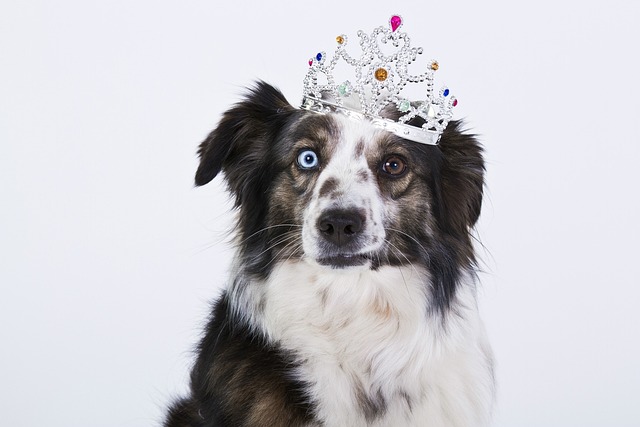
If you’ve ever thought about swapping your dog’s kibble for something homemade, you might’ve worried: “Will I get the nutrients right?”
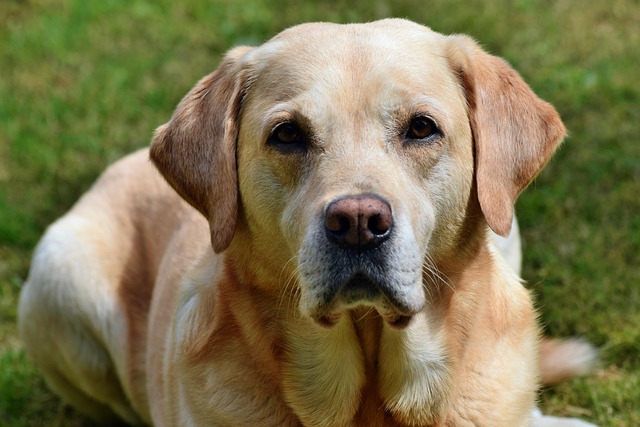
If you’ve ever watched your dog tilt their head like they’re confused, or scratch at their ear until they whimper, you might be seeing signs of an ear infection.
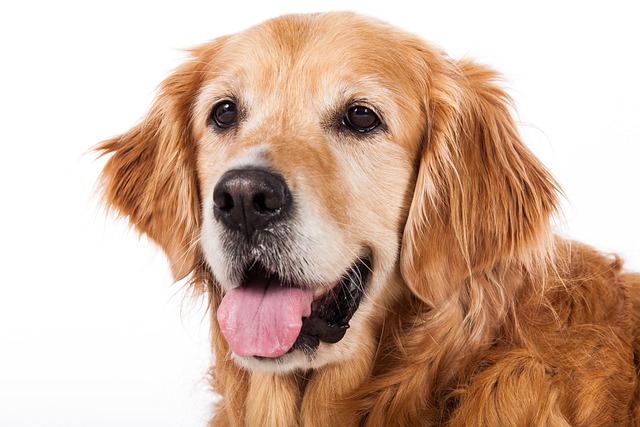
Golden Retrievers, with their lush coats and playful spirits, often steal hearts in parks and homes alike. But that same thick fur that makes them so cuddly can sometimes be a double-edged sword when it comes to skin health.
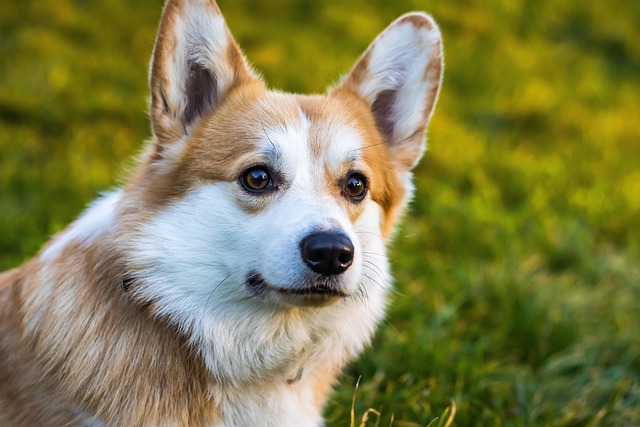
If you’ve ever left a friend’s house with a dog and spent the next hour sneezing, your eyes red and watery, you’ve probably wondered when the discomfort will end.
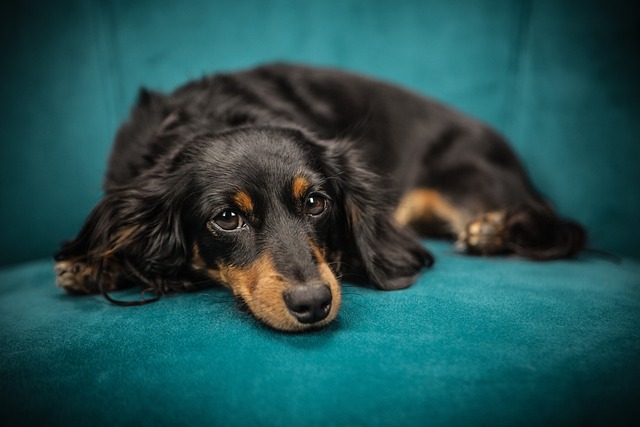
If you’ve ever watched your dog scratch until their skin turns red, or noticed them licking their paws raw after a walk, you’ve probably wondered what’s causing their discomfort.